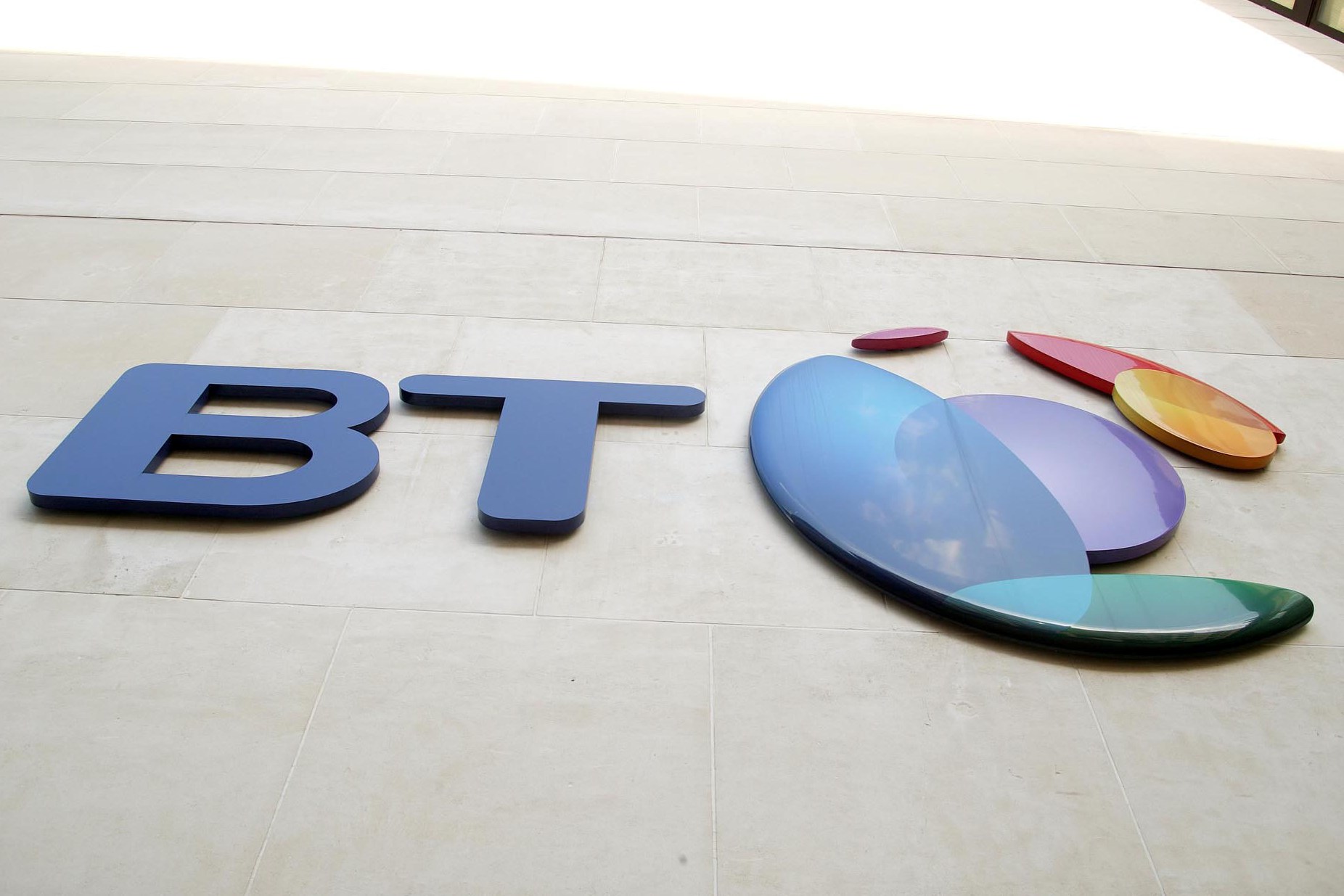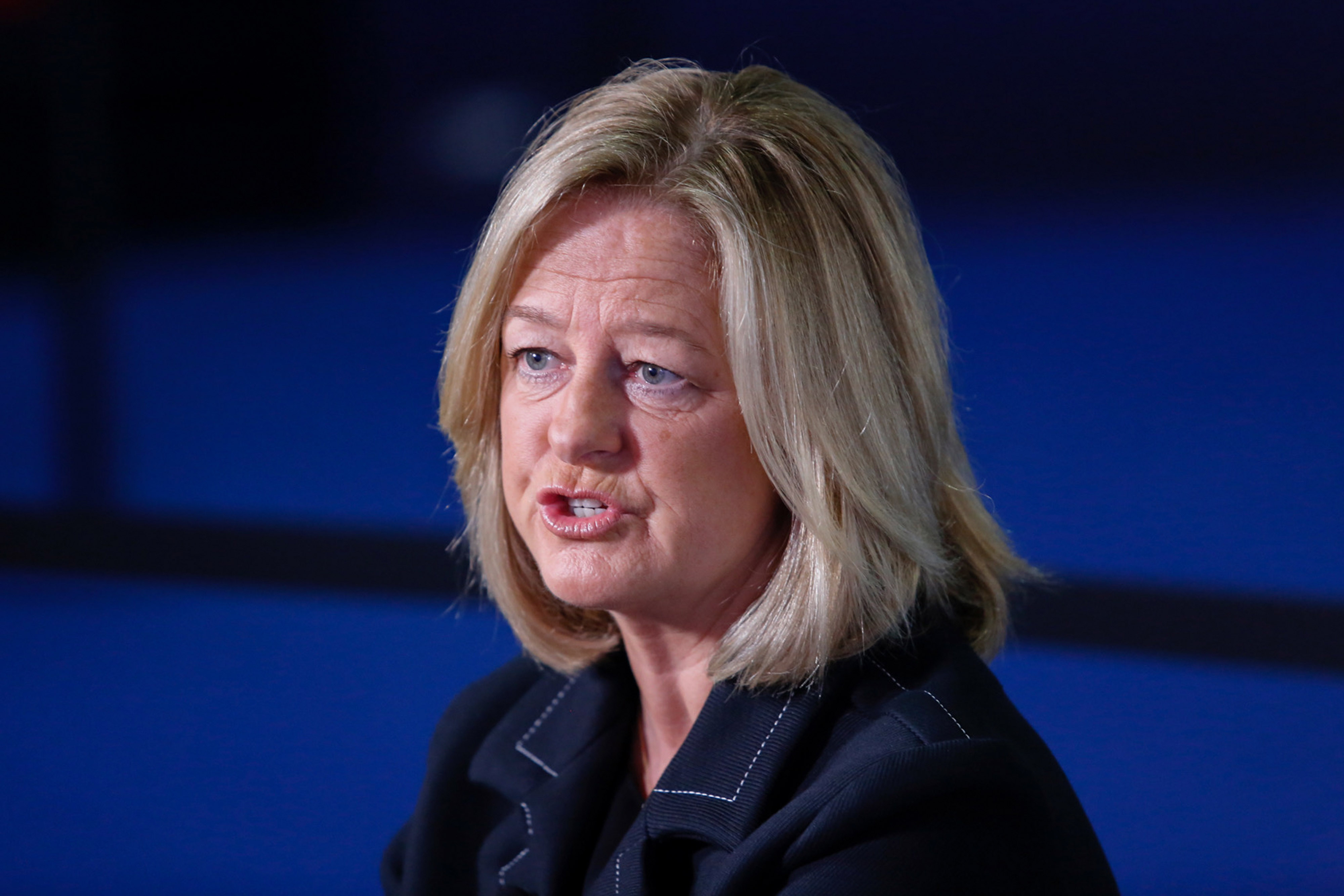BT to treat Olympic Games like “a major incident”
There's simply no room for failure, the head of the networking project believes.


BT will treat its side of the 2012 Olympic Games in London like "a major incident", the head of the project at the telecoms giant has said.
For the games, every transmission be it video, voice or other data will go over a BT line. The project involves 80,000 connections over 94 sites. There will be 16,500 fixed telephone lines and 14,000 mobiles. The project will require 2,796 miles of fibre.
"During the games, we'll treat it like a major incident," said Stuart Hill, vice president of UK major networks at BT Global Services, stressing it wasn't a bad thing just a way to ensure everything goes as smoothly as possible. "It's a systemic approach you take you treat amber situations as red."
"We're making sure we have people ready to move immediately in case of any severity situations," he said.
At the moment, Hill's team is just 25 people, who are scoping out what the project will require and performing volumetrics modelling to determine how much bandwidth will be required. Hill and part of his team were in Beijing for the 2008 games, and some will travel to Vancouver for the winter games in 2010 to learn as much as possible, as he belives knowledge transfer is key to a successful roll out.
"You can't run the 100 metre without training for it, and can't run this without training for it," Hill said, in what will likely not be the last athletic metaphor facing the project head over the next four years.
For the testing stage which kicks off in 2010 with a live test in Weymouth Hill's team will number 650. For the games themselves, there will be hundreds of staff at venues, for which BT will pick their best and brightest, as well as add any extra hands by choosing trusted subcontractors if necessary, Hill said.
Sign up today and you will receive a free copy of our Future Focus 2025 report - the leading guidance on AI, cybersecurity and other IT challenges as per 700+ senior executives
The project won't lack for enthusiastic workers, Hill said. He claimed to receive several CVs each week from people wanting to work on the games. "There's a sense of wanting to be involved in something on a world stage," he said.
But he added that no one should expect the latest cutting-edge innovations from BT at the Olympics. Indeed, any technology is locked down by Olympic authorities two years before the games. Hill believes it's better to stick with tested methods, saying: "It's not the time to try innovative wizardry."
"To put the games on new tech would be folly," he added. "We will be innovative, but we will not put the risk on the games." Hill predicted there would be more interaction between the audience and the games, including votes and texting messages to screens.
As Hill notes, failure is simply not an option. "Can you imagine if Usain Bolt breaks a world record under 9.6 seconds and the transmission doesn't work? I'd find something else to do at that point."
Freelance journalist Nicole Kobie first started writing for ITPro in 2007, with bylines in New Scientist, Wired, PC Pro and many more.
Nicole the author of a book about the history of technology, The Long History of the Future.
-
 Westcon-Comstor enters Balkan market with REAL Security acquisition
Westcon-Comstor enters Balkan market with REAL Security acquisitionNews The acquisition gives the distribution giant immediate access to an established partner ecosystem spanning eight Balkan markets
-
 Inside the SME tech revolution: The quiet role of the channel in driving real change
Inside the SME tech revolution: The quiet role of the channel in driving real changeIndustry Insights Why the channel is becoming essential in guiding SME modernization.
-
 Optimise CX and accelerate business growth through your voice network
Optimise CX and accelerate business growth through your voice networkwhitepaper Protecting the human experience in a digital world
-
 IDC InfoBrief: Sustainability doesn’t need to be all stick and no carrot
IDC InfoBrief: Sustainability doesn’t need to be all stick and no carrotwhitepaper CIOs are facing two conflicting strategic imperatives
-
 ‘The pace of change is taking its toll’: Business leaders are becoming burned out by rapid technological changes
‘The pace of change is taking its toll’: Business leaders are becoming burned out by rapid technological changesNews Tech leaders are contending with mounting stress levels amidst a sharpened focus on adopting new technologies and ramping up transformation efforts
-
 Unlocking the power of your digital services
Unlocking the power of your digital servicesSponsored Businesses have invested significant cash into technology since COVID-19, but are they really getting their money's worth?
-
 The forgotten workforce needs a new communications strategy
The forgotten workforce needs a new communications strategySponsored Reliable communications technologies are key to building an efficient remote workforce
-
 The future of work and the forgotten workforce
The future of work and the forgotten workforcewhitepaper How to deploy a mobile-first strategy so no one gets left behind
-
 Building an outstanding digital experience
Building an outstanding digital experiencewhitepaper Insight into how banks and financial services organizations can deliver the digital experiences customers and employees expect
-
 Inbound BT CEO Allison Kirkby faces challenge of leading telco through cuts in 2024
Inbound BT CEO Allison Kirkby faces challenge of leading telco through cuts in 2024News Kirkby brings years of experience heading some of the biggest telcos in the EU
